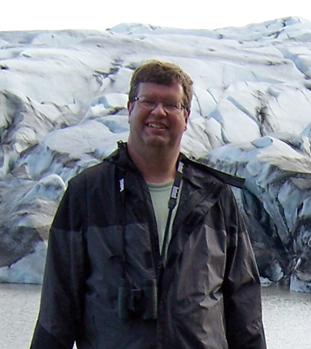Why am I a Naturalist?

If my career in science has been defined by anything, it’s that it hasn’t been defined by anything in particular. Instead, I’m either “broadly synthetic” or “unfocused,” depending who you ask. I like watching insects fly about, I like running ecological experiments in the field and in the lab, and I like building mathematical models of macroevolution so I can poke them and see what happens. And what I like more than anything is finding unexpected connections between things: between simple mathematics and the dynamics of real, complex communities, for instance, or between individuals’ foraging behavior and speciation. What this really means is that I’m fascinated by natural systems and the way that their complexity arises from interactions among simpler units.
While I’ve worked with a lot of systems and asked a lot of questions, I’ve almost always found myself working where ecology and evolution intersect. I love thinking about the feedbacks that arise as ecological interactions generate selection pressures, while selection modifies those same interactions. What could be a more fascinating—or complex—natural system than the whole history of life’s diversity on Earth?
Sometimes I find myself worrying that my interests are too broad, and that this jeopardizes my ability to contribute to the field. At these times I’m reassured to think that I have a natural home in the American Society of Naturalists. Its tag phrase, “conceptual unification of the biological sciences,” seems to sum up what really interests me about nature—and what it means to me to be a naturalist and a Naturalist. That’s probably why, in my 11th year on the editorial board of The American Naturalist, I still get a kick out of reading every submission I handle! I’ve been a member of the American Society of Naturalists since 1988.